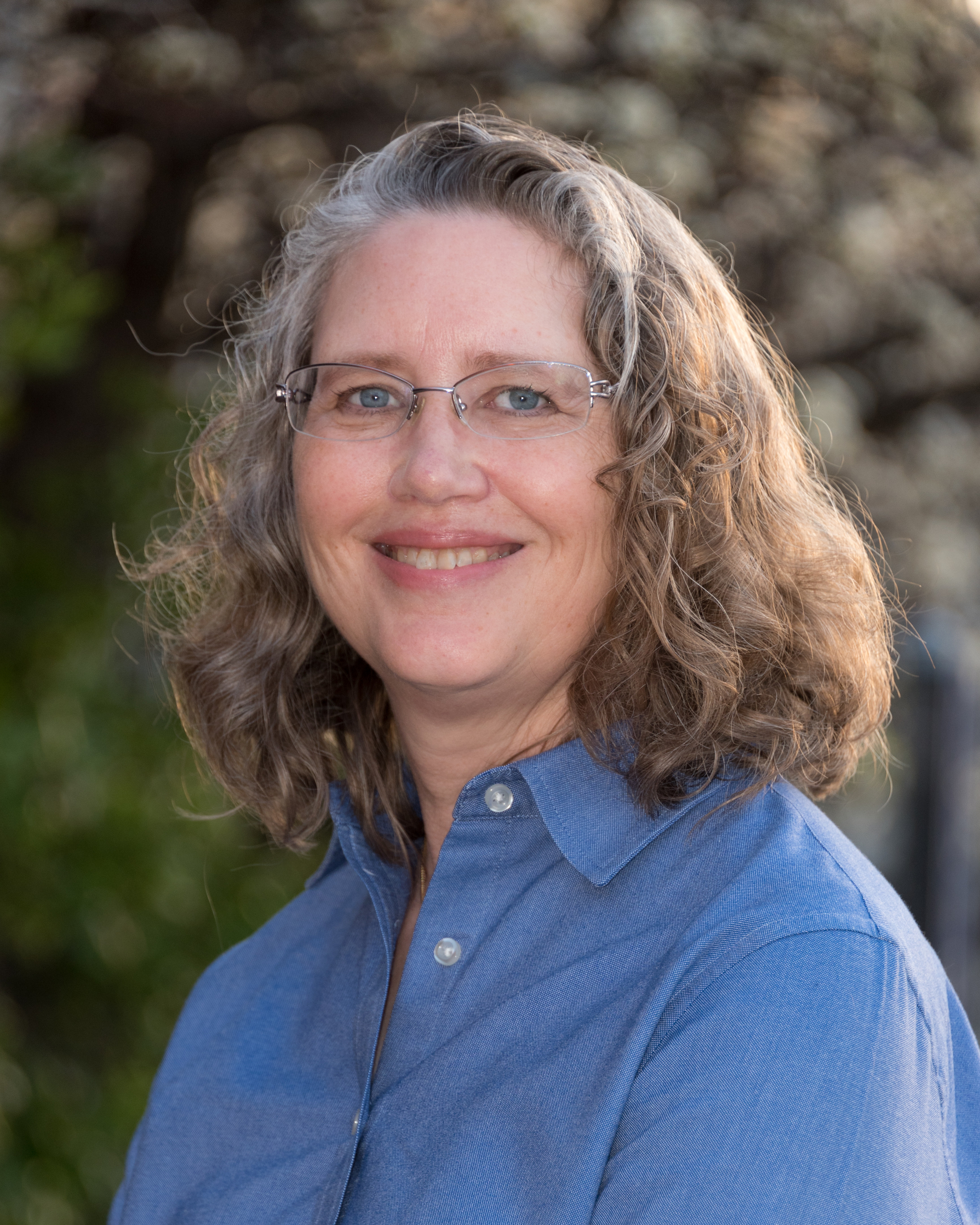Recently, someone who is dear to me, and who I’ve known for over 30 years, shared a photo on Facebook with text which read, “You either have a God who sends child rapists to rape children or you have a God who simply watches and says ‘When you’re done I’m going to punish you.’ If I could stop a person from raping a child, I would. That’s the difference between me and your God.”
The first thing that sprang to mind when I read this is, “No, that is not my God you are describing.” It is a common error made by atheists. When they describe the God they don’t believe in, they are describing a God I, and many other religious people, don’t believe in, either. The fact that they think we do believe in their imagined version of God shows they don’t acknowledge the diversity of religious thought.
The second thing that strikes me about this statement is the aggression used in the phrase, “a God who sends child rapists.” The point could have been made equally well without insinuating that God not only allows child rapists to exist, but has an active role in making them rape children.
One of the things I love about the person who posted this image and text on Facebook is we are able to discuss our differences of belief in a respectful manner. I think this may be possible, in part, because I neither try nor expect to convert her to become religious, and I don’t feel like she tries or expects to convert me to become non-religious. We do, however, try to see things from each other’s point of view.
I responded to the post by saying, “God gives us free will. Sometimes we do terrible things with it.” This is the crux of the matter.
The best way I’ve ever heard it stated is there are three things people want to believe when they believe in God: God is good, God is all knowing, and God is all powerful. But if all three of these things are true, then how can child rapists (and a myriad of other ills in this world) exist?
The answer is, God cannot be all three at once. In order to reconcile your belief in God with what you see in the world around you, you have to pick no more than two. I believe God is all knowing and God is good, but God is not all-powerful.
I believe God gave us free will. In order to do that, God had to limit God’s own power. God had to say, “No matter what these people do, I will not and cannot make them do anything, nor stop them from doing anything. Otherwise, I will rob them of the gift of free will.”
Tornadoes are not acts of God, they are acts of nature. Rape is not an act of God, it is an act of a human being. Why did God create a world in which tornadoes can happen, and in which some people have the desire to rape other people? I don’t know. Maybe God had a choice between creating an imperfect world or no world at all. Maybe God wanted us to be a partner in creating a better world.
I believe God gave us not only free will, but also the minds and bodies with which we can repair the world. We can build shelter from tornadoes. We can catch and punish rapists. Perhaps, some day, we can even identify what is going on in the minds of potential rapists and find a way to cure them.
The next question is, “If God isn’t all powerful, why pray to God? Can God answer your prayers if God is not all-powerful?”
My response is yes, God can answer our prayers. God will not answer your prayer, however, by making your boss give you a raise, or killing a rapist, or curing you of cancer. God can, however, answer your prayers by giving you the strength and courage to go on. God can answer your prayers by giving you comfort in your time of need.
And God can, I believe, give us hints about what is best for us. When an atheist listens to that still, small voice inside that tells them the difference between right and wrong, it may be that person’s own moral compass speaking. Or, it may be God.
This may not be the all-powerful God many atheists don’t believe in. But it is the God that feels true to me.
—————-
“Like” the “>follow me on Twitter.






















 More news and opinions than at a Shabbat dinner, right in your inbox.
More news and opinions than at a Shabbat dinner, right in your inbox.